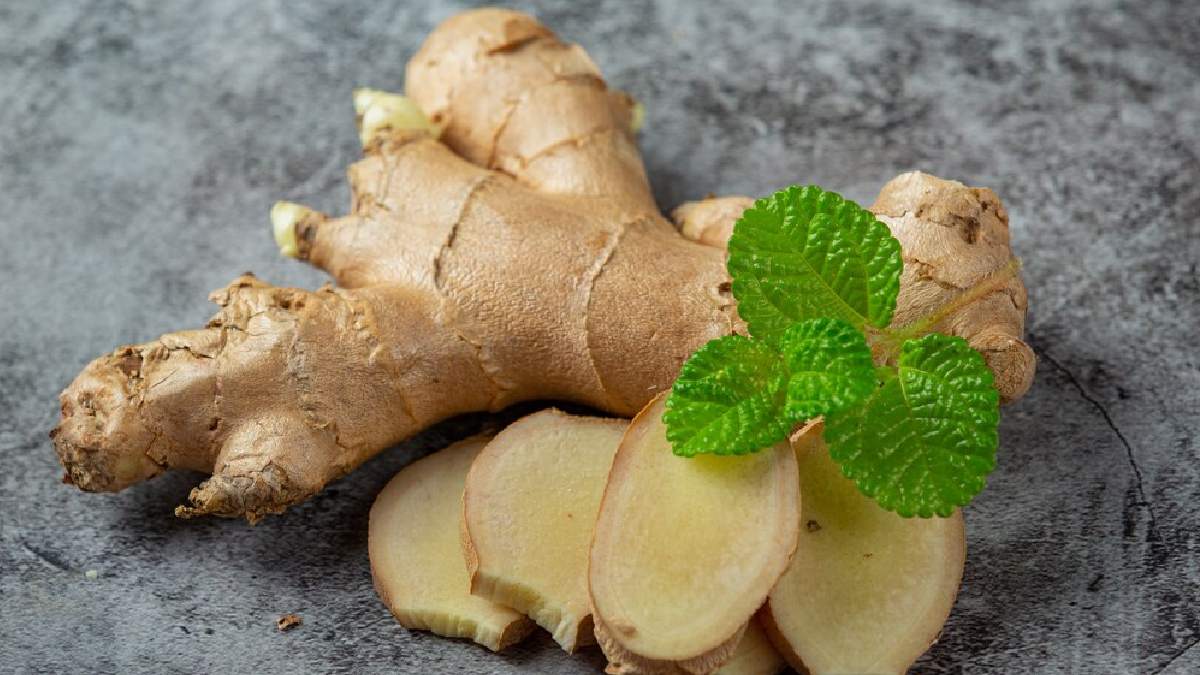
The National Institute of Environmental Health Sciences (NIEHS) defines autoimmune disorders as immune system malfunctions in which it starts attacking its own healthy cells, tissues, and organs, and can even be life-threatening. As per the NIEHS, scientists currently know more than 80 autoimmune diseases such as type 1 diabetes, multiple sclerosis, lupus, and rheumatoid arthritis, and inflammation is a symptom in most of them.
Table of Content:-
The accounts of multitudes of people suffering from autoimmune diseases are a testament that this illness is often difficult to diagnose, is incurable, and plagues its victims for years before they can invest in appropriate treatment to manage the symptoms. However, a recent study provides some relief, revealing that ginger supplements could work wonders in reducing inflammation related to autoimmune disorders.
Benefits Of Ginger Against Autoimmune Inflammation

As per the study published in JCI Insight, ginger has the capacity to influence the behaviour of certain immune cells associated with Antiphospholipid Syndrome (APS) and lupus. Ginger extracts also exhibited promising results for dealing with symptoms like blood clotting in APS and the production of harmful antibodies in lupus. These findings were reported in mice, however, in humans daily intake of ginger supplements also showed similar results.
Also Read: 5 Ways How Exercise Can Help With Inflammation
The researchers informed that ginger seems to block a specific pathway that leads to harmful immune responses. The key active component of ginger called gingerol is the main compound that aids in treating chronic inflammatory diseases. For this study, the researchers used a commercially available ginger supplement with a relatively high gingerol concentration.

Despite these findings, the jury is still out on how much ginger can help people with autoimmune disorders. The study was mainly conducted in healthy individuals, and not patients suffering from inflammatory diseases like APS and lupus.
Also Read: Recognising the Red Flags: 20 Signs You Have an Autoimmune Disease
"There are not a lot of natural supplements, or prescription medications for that matter, that are known to fight overactive immune cells,” said Jason Knight, MD, senior co-author of the study. He concluded, "We, therefore, think ginger may have a real ability to complement treatment programs that are already underway. The goal is to be more strategic and personalised in terms of helping to relieve people's symptoms." In conclusion, these study findings are promising for people dealing with autoimmune disorder-related inflammation, which severely impacts the lives of many patients.
Also watch this video
How we keep this article up to date:
We work with experts and keep a close eye on the latest in health and wellness. Whenever there is a new research or helpful information, we update our articles with accurate and useful advice.
Current Version